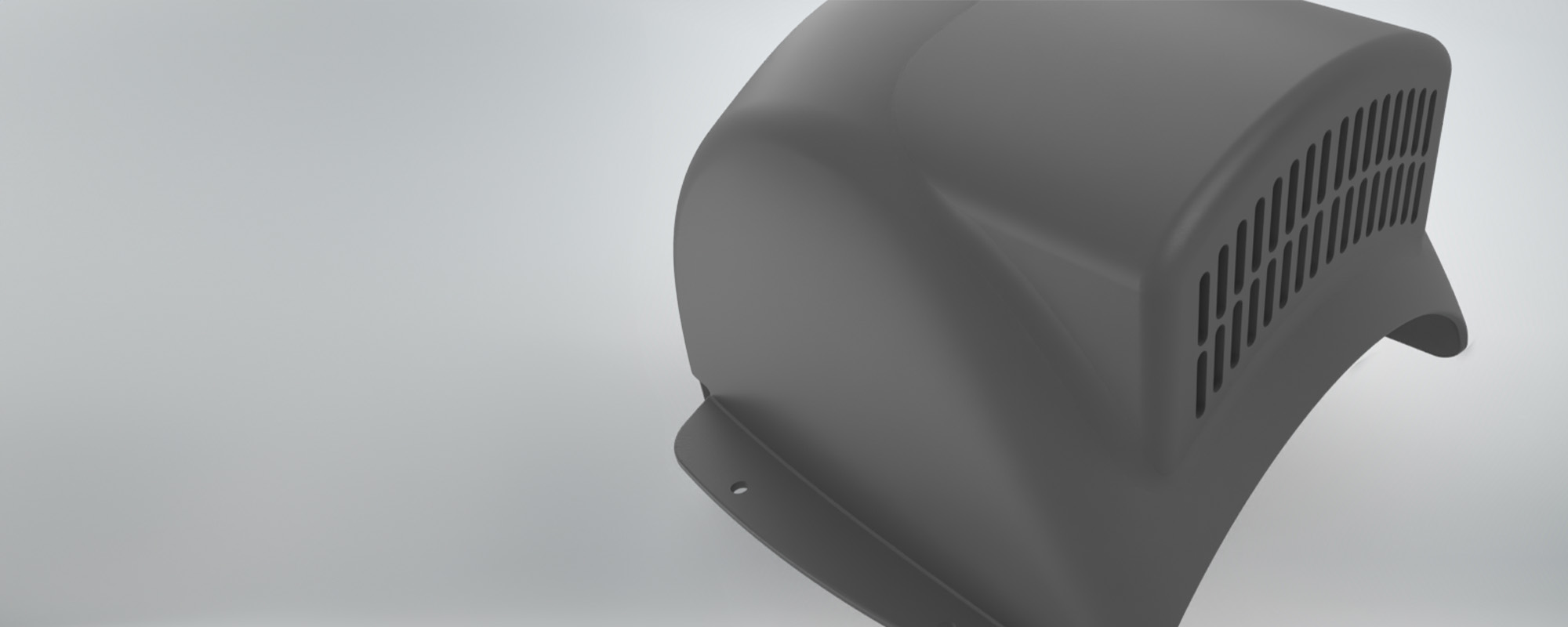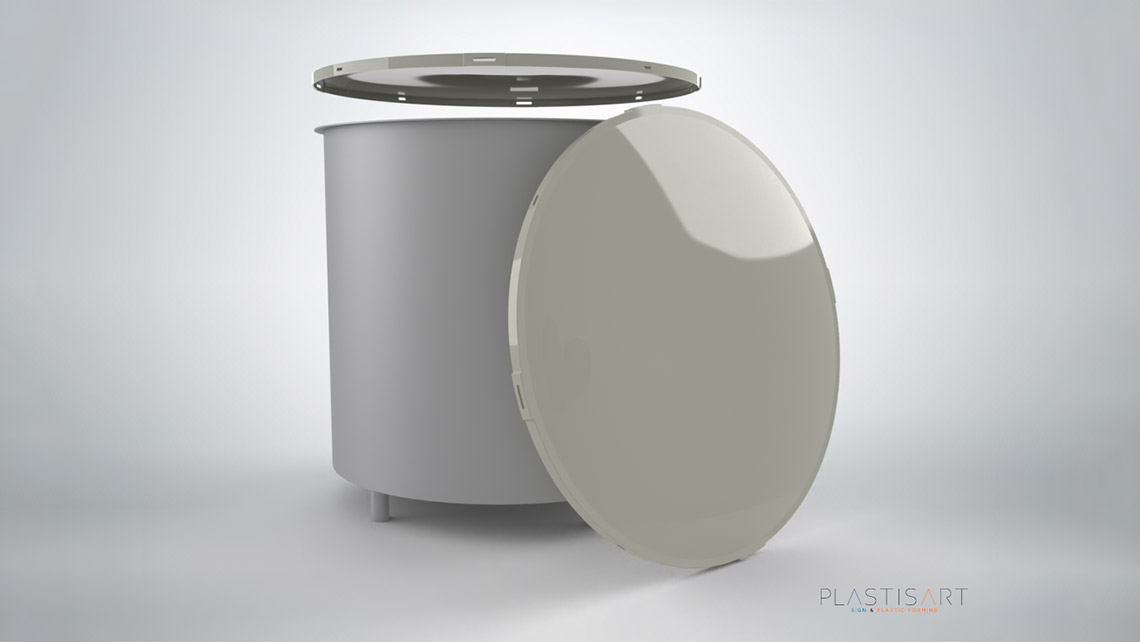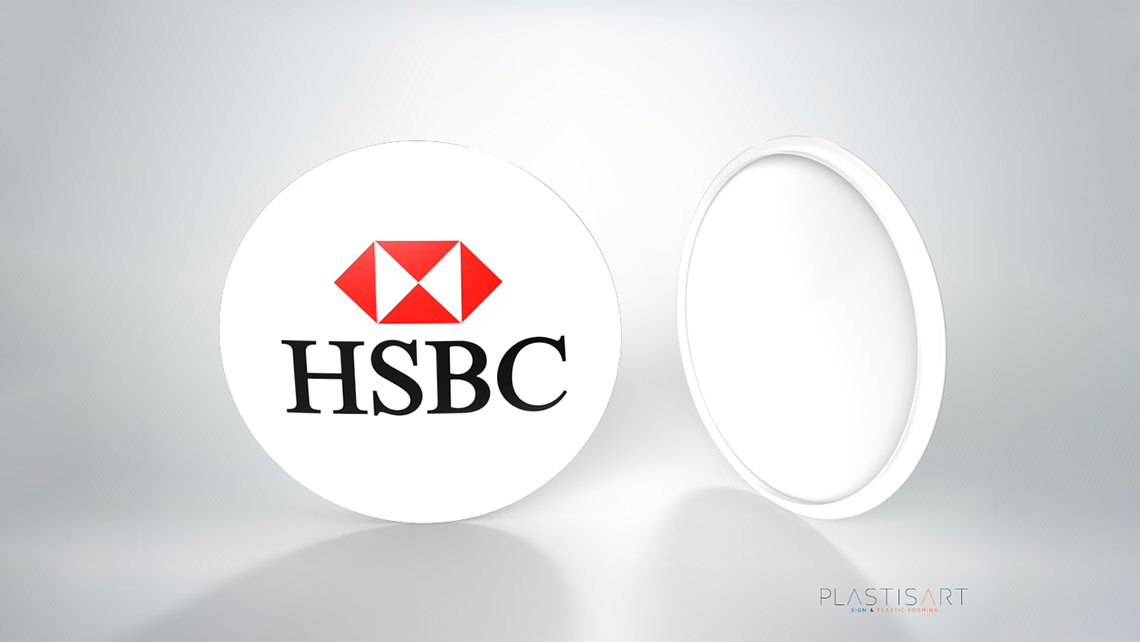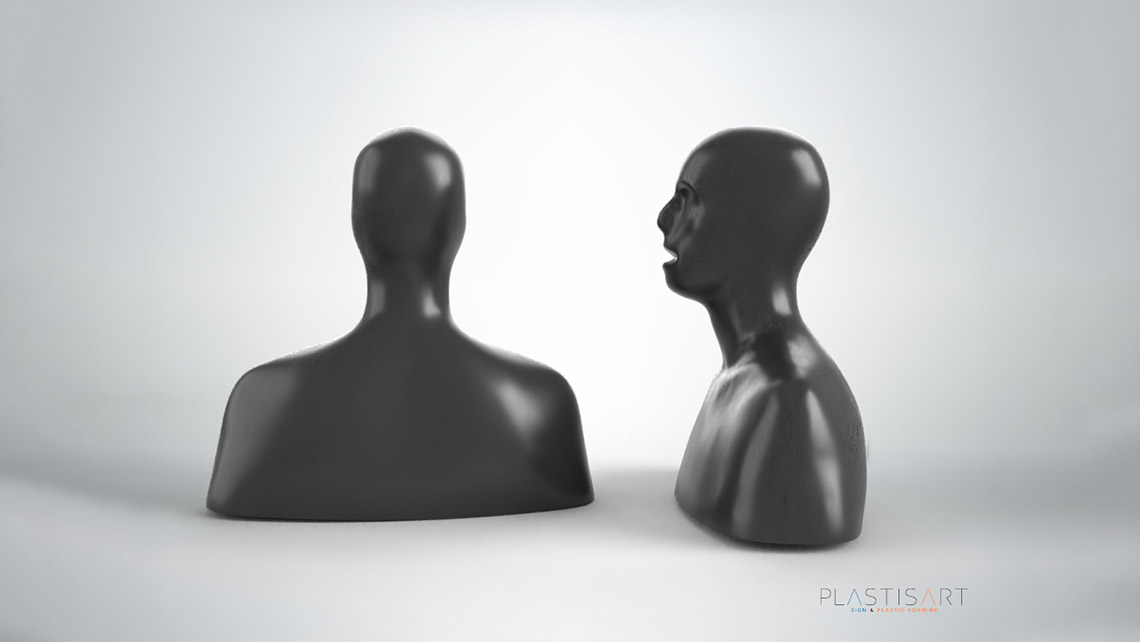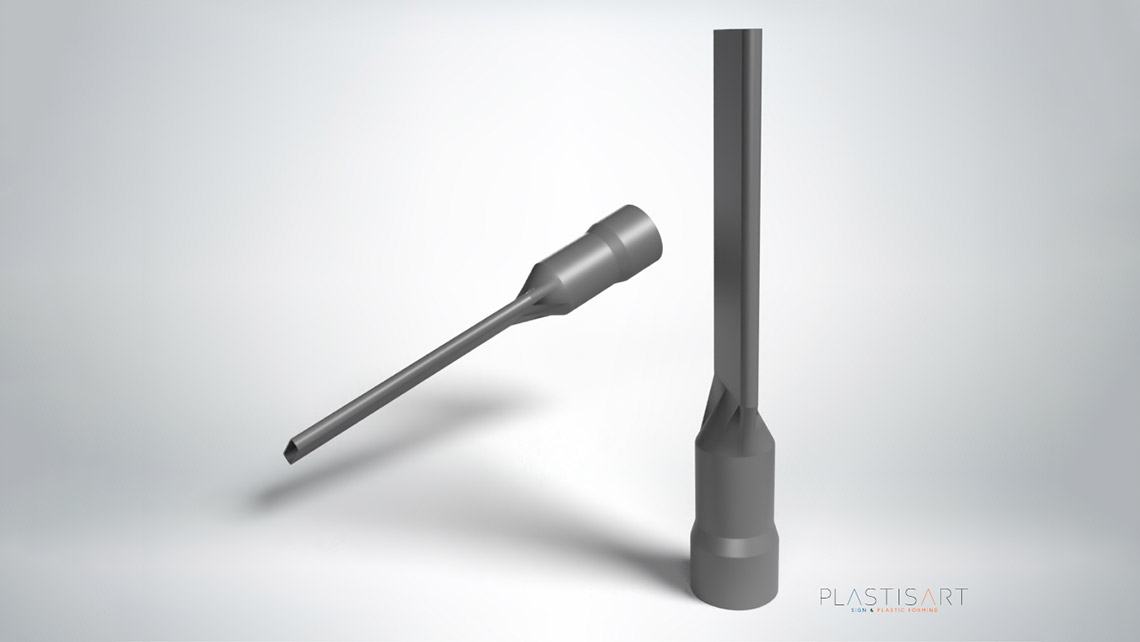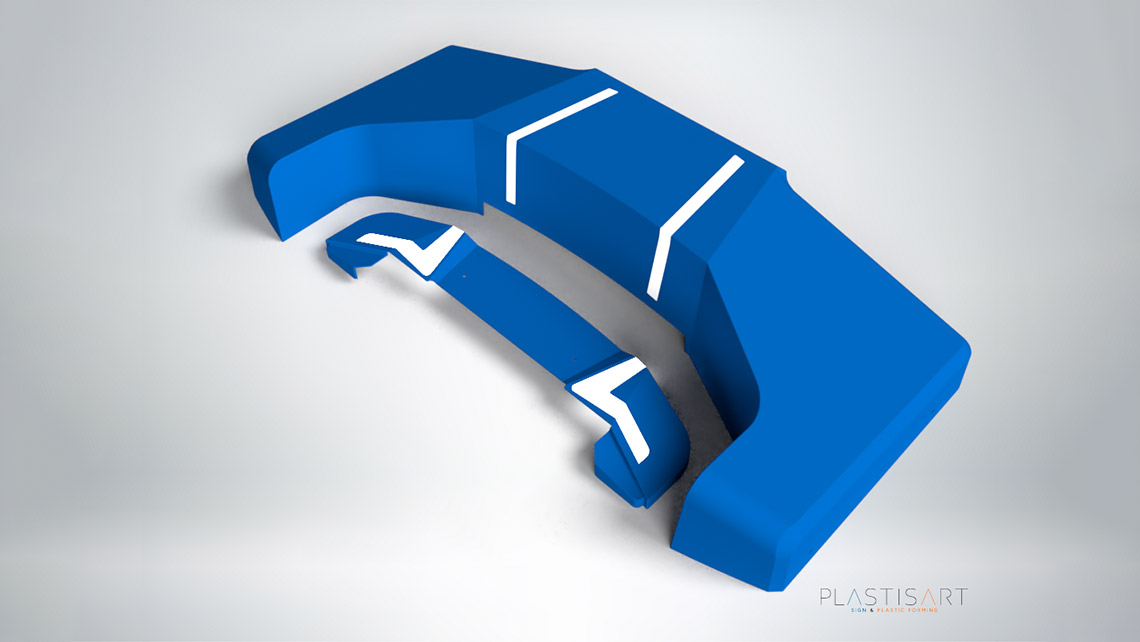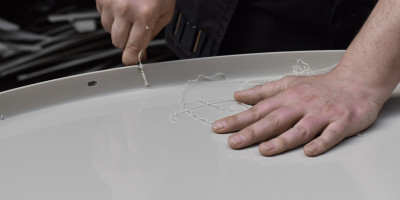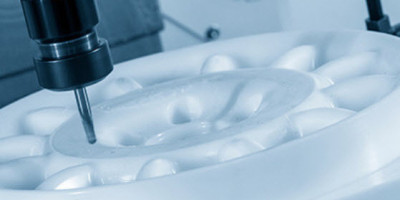Non-contact blow thermoforming is an extremely efficient technology for manufacturing transparent...
Thermoforming
Thermoforming is a processing technique that is particularly suitable for small and medium-sized production runs, as well as for large parts. Plastisart, a specialist in plastics processing in Belgium and France, excels in thermoforming and produces customised parts. Our expertise ranges from moulds suitable for complex machining to customised finishes, offering you a complete solution that meets your plastics needs.
Thermoforming achievements
Discover our service in pictures:
Plastic thermoforming
A key technique in plastic processing, thermoforming stands out for its ability to create customised parts in very large formats. By heating a sheet of plastic and then placing it on a mould, the thermoformed part takes shape under pressure. This versatile method is ideal for the production of small or large series of parts, meeting the diverse needs of industry. At Plastisart, we have mastered the art of thermoforming to provide high-quality customised solutions.
Our expertise
Plastisart, your expert in plastic thermoforming, is your trusted partner for the production of thermoformed parts, whether for small series or large-scale production.
Our ability to design suitable tools is one of our major strengths. We produce resin or aluminium moulds with innovative cooling systems, guaranteeing superior quality production. These are custom-designed to meet your specific needs, ensuring a perfect fit for each project.
With our state-of-the-art 3- and 5-axis machining centres, we are able to carry out the most complex machining operations, giving each part unrivalled precision.
We don't forget about custom finishes. Plastisart offers coating services for a flawless finish as well as cutting-edge mechanical assembly, ensuring that your parts are ready to be integrated into your final project.
In addition, our logistics are perfectly equipped to handle the storage and shipping of parts, simplifying your delivery process.
With Plastisart, you benefit from a complete thermoforming solution, from design to delivery, guaranteeing quality, precision and efficiency at every stage. Trust Plastisart for all your plastic thermoforming needs.
Thermoforming possibilities
- Industrial machine parts: Certain machine parts, such as protective covers or control panels, are manufactured using thermoforming.
- Components for the medical industry: Medical equipment, such as trays for surgical instruments or diagnostic devices, can be produced using thermoforming.
- Point-of-sale equipment (POS): Plastic signs and advertising displays, such as shop displays and signage, are often manufactured using thermoforming.
- Furniture parts: Components for furniture, such as office chairs, headrests or plastic furniture elements, are produced using this technique.
- Electronic components: Housings, covers and other parts for the electronics industry are often thermoformed.
- Vehicle body parts: Certain parts of cars, such as headlight covers and body panels, are manufactured using thermoforming.
Thermoforming offers great flexibility in terms of design, making it a popular choice for a variety of industries. The possibilities are vast, and these examples are just a sample of the parts that can be created using this technique.
Thermoformable materials
- Polystyrene (PS): Polystyrene is one of the most commonly used materials in thermoforming due to its ease of processing and affordability. It is often used for packaging and consumer products.
- Acrylonitrile butadiene styrene (ABS): ABS is a robust material commonly used in the production of automotive parts, toys and electronic devices.
- Polypropylene (PP): Polypropylene is a versatile material suitable for a range of applications, including packaging, automotive parts and consumer products.
- Polyethylene (PE): Polyethylene is widely used for consumer products, containers, toys and industrial components.
- Polycarbonate (PC): Polycarbonate is transparent, impact-resistant, and heat-resistant, making it suitable for applications requiring transparency, such as protective windows.
- Methyl methacrylate (PMMA or acrylic): Acrylic is transparent and scratch-resistant, making it a choice for display cases, advertising signs, and optical components.
- Polyvinyl chloride (PVC): PVC is strong and durable, making it a popular choice for outdoor applications, signage, and pool liners, among other things.
- Customised technical materials: The materials used in thermoforming cover a wide range, from standard plastics to technical and customised materials. This diversity allows specific requirements to be met, including UV resistance, fire retardant properties, and customised properties. Multilayer materials, such as ABS-PMMA, ABS-PC, or ABS-TPU, can be custom-made to meet specific applications. They allow the advantages of different plastics to be combined for a variety of applications.
There are many other thermoformable plastics, each with its own characteristics and advantages. The choice of material will depend on the specific requirements of the part to be manufactured and the end application.
Get in touch with our team of professionals in plastic thermoforming in Belgium and France.
Interested in our service? Don't hesitate to contact our team of specialists who are at your service. We are available by phone or via the online form.

